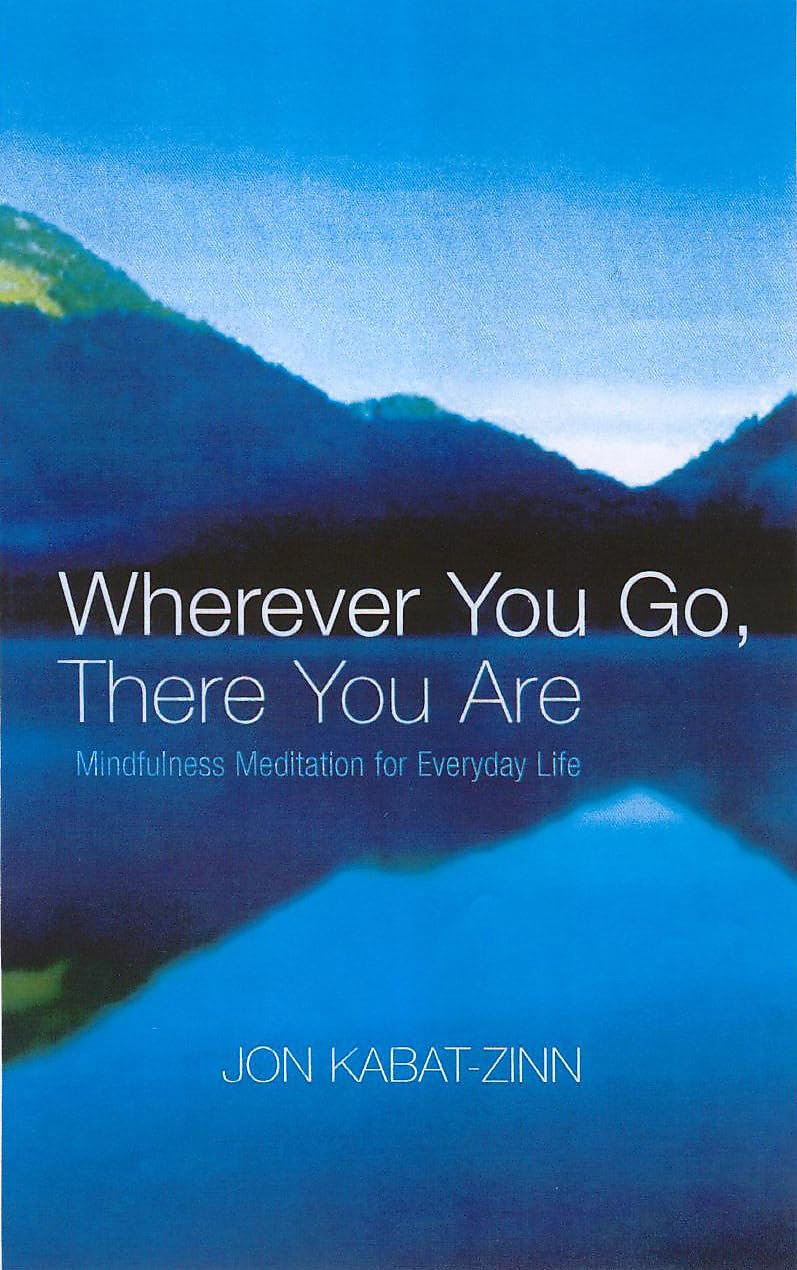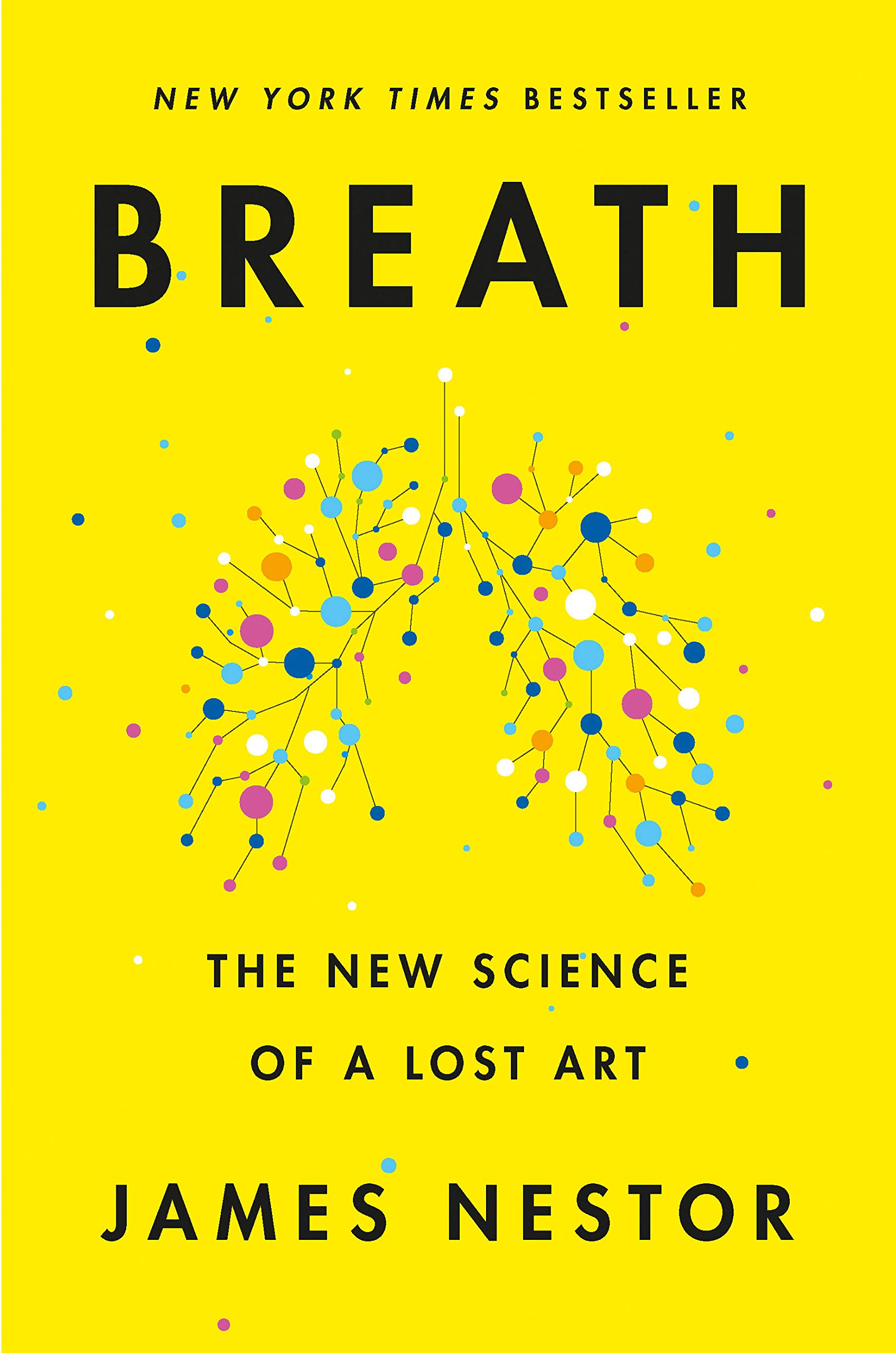There are times when we get pressured, leading us to make poor decisions. These are some mindful steps to help you make better decisions.
Every day we need to make decisions, whether they are small or large importance. Depending on the scale of the decision, it could impact you or others in different ways, like for the present or future and in work or private life. These may sound nerve-racking, but finding ways to help you focus and feel more comfortable to decide better can be helpful. For instance, some mindful steps help you make better decisions, allowing you to refocus and feel more relaxed under pressure.
Keeping yourself calm and focused can be essential most of the time when you are asked to make decisions, particularly the most important ones, which could feel more daunting. After all, the last thing you probably want is to get regrets about making a poor decision due to feeling anxious and pressured. Although sometimes you may get asked to make a decision quickly, even so, there could be something you can do. These mindful steps to help you make better decisions can be simple and quite flexible for different situations.
• Stop For A Minute

Often, making decisions can be hard than it seems and put you in a pressuring position, especially for more important ones. You could be placed on the spot and time-constrained, feeling like you need to make a decision quickly, even though sometimes that is not the case. One of the mindful steps to help you make better decisions could be stopping for a minute or more, depending on the situation and decision you need to make.
Taking a step back from things attempting to divide your focus and attention is crucial. With many things, disruptions can deter you from achieving better outcomes and, in this case, making a good decision. This could be everyone speaking to you all at once or temporarily removing technologies and moving to a quiet location for a minute. Being in a quiet environment and letting yourself stop for a moment can be helpful for good decision-making.
When you feel like you are feeling overwhelmed and distracted, stop and refocus your mind before you make a decision. You may say something or make a poor decision you could regret later on if you instantly take action due to the second of intense rising pressure. Perhaps, you recall times you did something or made a hasty decision on something but ended up bringing an unwanted outcome.
Related Post: The 40% Rule That Helps You Overcome Your Limits And Succeed

• Take Some Deep Breaths
As one of the body’s automatic functions, breathing can fluctuate depending on your condition and how you feel. When put in a stressful or anxious environment, you might think that your breathing rate and pattern change due to our ‘fight-or-flight response’. Frequently, a person feeling overwhelmed or edgy can take shallow breaths, and that could create an unbalance of gases in your body. The shallow over-breathing could lead to prolonged anxiety and worsen the aversive effects of over-stress, including physical ones like loss of focus. With a little effort, becoming aware of your breathing can help control it.
Taking some deep breaths and getting in more control of your breathing can be one of the essential mindful steps to help you make better decisions. Controlled and deep breathing helps to improve the aversive conditions you may be dealing with due to feeling pressured and stressed. When you feel tense or unable to focus due to feeling overwhelmed, try breathing through your nose slower, even gentler. Doing so can help you to lower your heart rate, blood pressure, and levels of stress hormones and feel more calm while feeling more energised, including physically.
Relevant Post: 8 Simple Ways To Get Time Back In Your Day

• Think For A Moment

When asked to decide, you could feel trapped in that moment and perhaps even overthink the intentions. As another one of the mindful steps to help you make better decisions, take a moment to think about the question or decision. It could be not what you were thinking, such as you may think you are being tested when someone asks your opinion and what you would decide. You might have limited time depending on the decision you need to make. However, sometimes, it could be due to your mind and body feeling pressure to decide quickly, even though the question or answer is unclear.
Try to take as much time as you can to think about what you are being asked. Step back for a minute or the time you have after stopping and taking better control of breathing can be helpful for decision-making. While you take a step back on the specific decision, you may benefit from being open about what you are being asked rather than looking for precise answers. Often when you get so focused on a question or decision, especially narrower ones, you could miss something vital.
Read More: 5 Morning Routines For A Healthier Start To Your Day
Decision-making can be a difficult task, whether big or small. One decision could open new opportunities and even change your life. These mindful steps help you make better decisions by supporting you in managing pressuring and complex situations that can come from decision-making. Often, when the time to decide comes, many emotions may overwhelm you. It can be helpful and more important than ever to control yourself better.
These mindful steps to help you make better decisions involving stopping, breathing and thinking could assist you to feel more calm and be focused. The stresses and anxiety from decision-making may cause restraints to mental and physical well-being, which might affect your decision-making. It can be vital to stay focused and try to relax as much as possible when making a decision, reducing distractions and calming yourself. Hopefully, this could help you make better decisions and reduce the chances of building regrets or getting poor outcomes.

